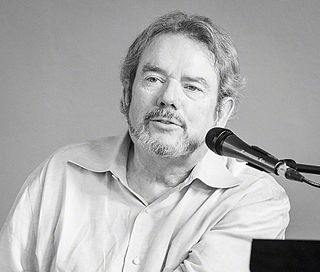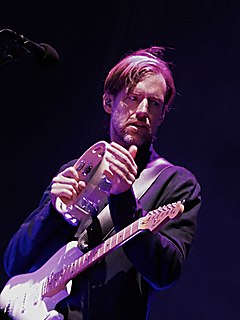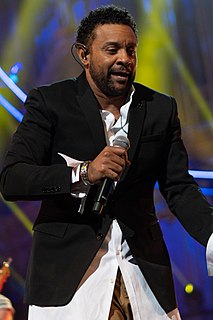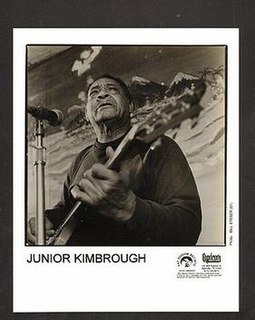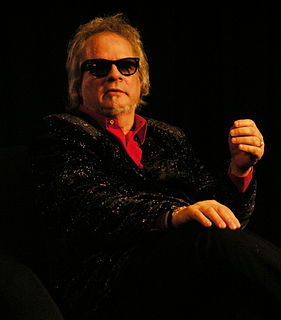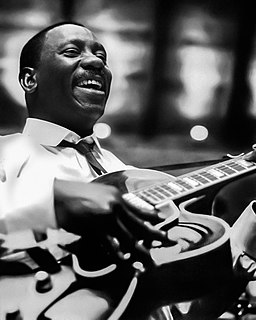A Quote by Cristin Milioti
I grew up with a piano, and my aunt taught me chords. I played with bands in high school and I could do like, C chord, G chord, D chord; really simple, rhythm piano.
Related Quotes
Even if chords are simple, they should rub. They should have dissonances in them. I've always used a lot of alternate bass lines, suspensions, widely spaced voicings. Dfferent textures to get very warm chords. Sometimes you're setting up strange chords by placing a chord in front of it that's going to set it off like a diamond in a gold band. It's not just finding interesting chords, it's how you sequence them, like stringing together pearls on a string. ... Interesting chords will compel interesting melodies. It's very hard to write a boring melody to an interesting chord sequence.
The very funny thing about "Like A Rolling Stone" is it was a six minute song, there was no music to read from. And there I was playing this unfamiliar instrument. So I would come in on the upbeat of one. I would wait until the band played the chord, and then as quickly as I could come in play the chord.
Playing octaves was just a coincidence. And it's still such a challenge, like chord versions, block chords like cats play on piano. There are a lot of things that can be done with it, but each is a field of its own. I used to have headaches every time I played octaves, because it was extra strain, but the minute I'd quit I'd be all right. But now I don't have headaches when I play octaves.




